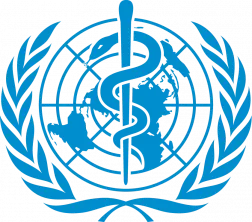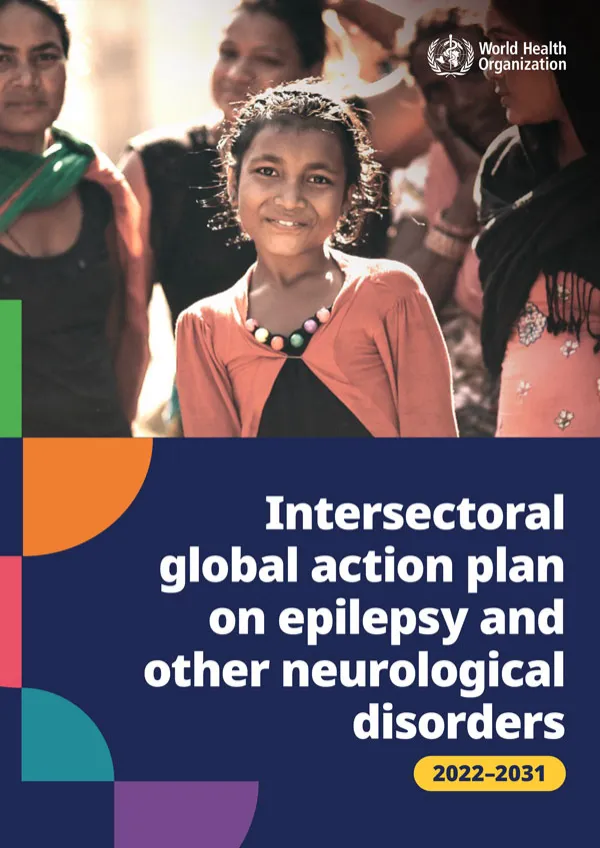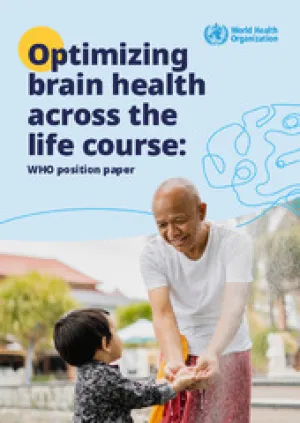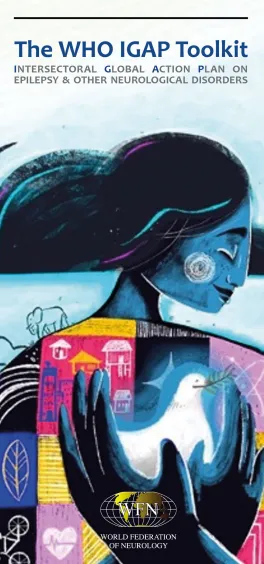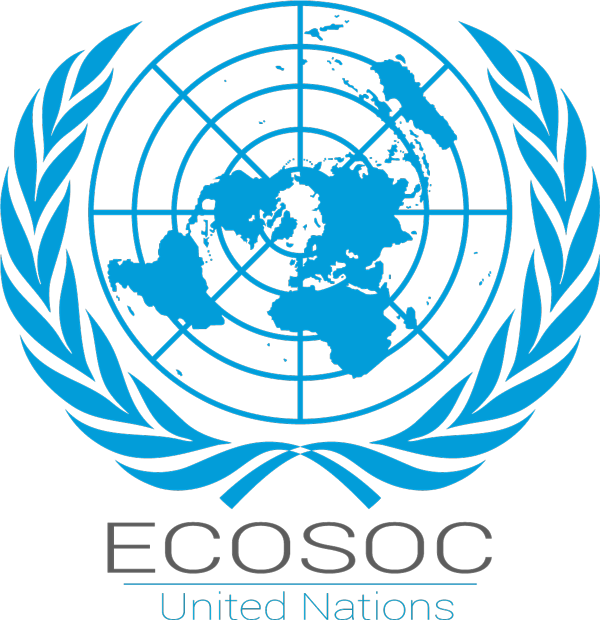WFN and WHO
|
|
The World Federation of Neurology (WFN) have a long history of engagement with the World Health Organisation (WHO) and have official relations as a global non-state actor until 2026. “Official relations” is a privilege granted by the WHO Executive Board to WFN as a non-governmental organization having aims and activities in conformity with the spirit, purposes and principles of WHO’s Constitution, and are invited to participate in sessions of WHO’s governing bodies.
|
Planned collaborative activities with WHO for the period 2023–2025A three-year plan, for WHO non-state actors collaboration, supports WHO's work towards fulfilling the goals and objectives set in the Global action plan for the prevention and control of noncommunicable diseases 2013–2030 ⧉ , as well as on the integration of noncommunicable disease prevention and control within health emergency preparedness and response activities. Planned collaborative activities include the provision of technical input, capacity-building, advocacy and awareness-raising, in order to help to track progress in tackling noncommunicable diseases.
Click here for WFN WHO Activites and Interventions |
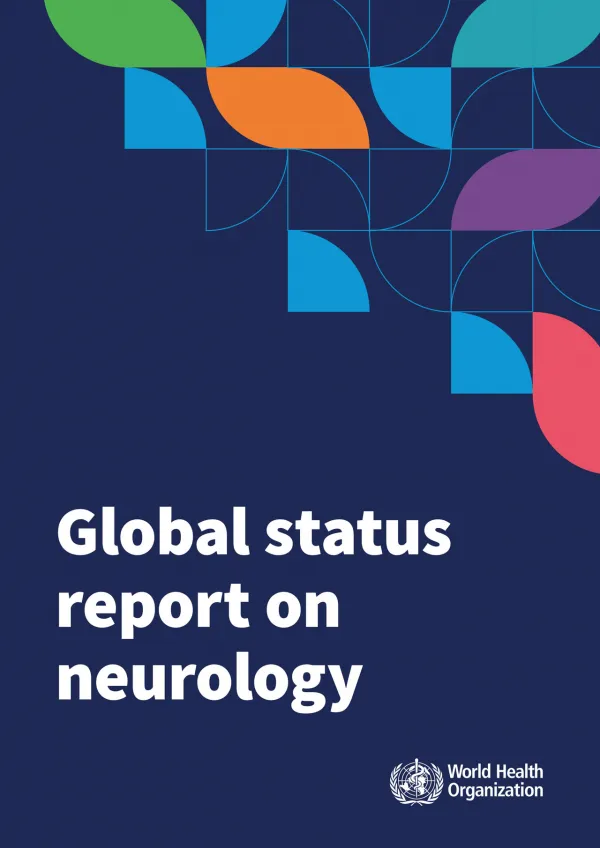 |
Download WHO Global status report on neurology publication |
Global status report on neurology
12 October 2025
The Global status report on neurology presents the first comprehensive global assessment of the public health response to neurological disorders under the Intersectoral global action plan on epilepsy and other neurological disorders 2022–31 (IGAP).
Drawing on data from 102 WHO Member States representing 71% of the world population, the report sets 2022 baseline values for the 10 global targets of IGAP. It captures the global status across governance and advocacy, financing, service delivery and workforce, access to medicines and technologies, brain health promotion and disease prevention, and research and information systems. The analysis reveals critical gaps and implementation barriers, underscoring the urgent need for bold and coordinated action to achieve IGAP targets by 2031. To accelerate progress, the report offers inclusive, evidence-based and actionable recommendations for policymakers, IGAP partners and the global neurology community – ensuring that people with neurological conditions and their families are at the heart of the response.
|
|
IGAP: Intersectoral Global Action Plan on Epilepsy and other Neurological Disorders
IGAP describes comprehensive actions to improve services and quality of life, eliminate stigma and discrimination, and promote human rights for people with neurological disorders, their carers and families. It outlines a systematic course of action that involves strengthening policies, systems and services, raising awareness about neurological disorders and brain health, reducing discrimination and fostering research and innovation.
The adoption of IGAP at the 150th session of the World Health Organization Executive Board ⧉ on 27 January 2022 is the result of years of work and consultations with WFN, other members of the Global Neurological Alliance, the WHO Secretariat, and the Member States.
|
Optimizing brain health across the life course: WHO position paper |
WHO Position paper on Brain Health
WHO's position paper on optimizing brain health across the life course is a technical complement to the Intersectoral global action plan on epilepsy and other neurological disorders 2022–2031.
The position paper provides a conceptual framework for what brain health is and how brain health can be optimized throughout life with actions across the following clusters of determinants: physical health, healthy environments, safety and security, learning and social connection, and access to quality services.
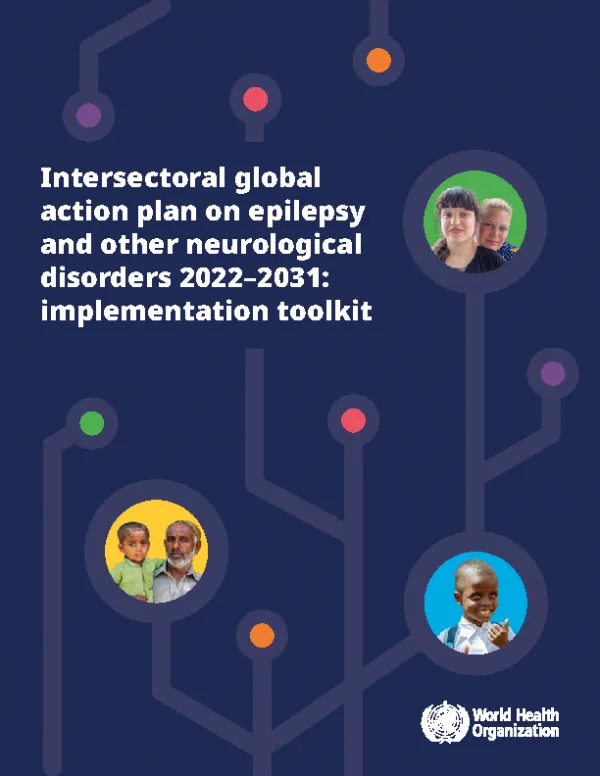
WHO IGAP Implementation Toolkit
The implementation toolkit is intended to be a “go-to” resource for those involved in IGAP implementation in countries.
What is the WHO IGAP Implementation Toolkit?
The IGAP toolkit accompanies and operationalizes the action plan. The toolkit complements the development of national plans and strategies for neurological disorders by listing actions and suggesting tools and resources that can be utilised to realise fully the vision of IGAP.





